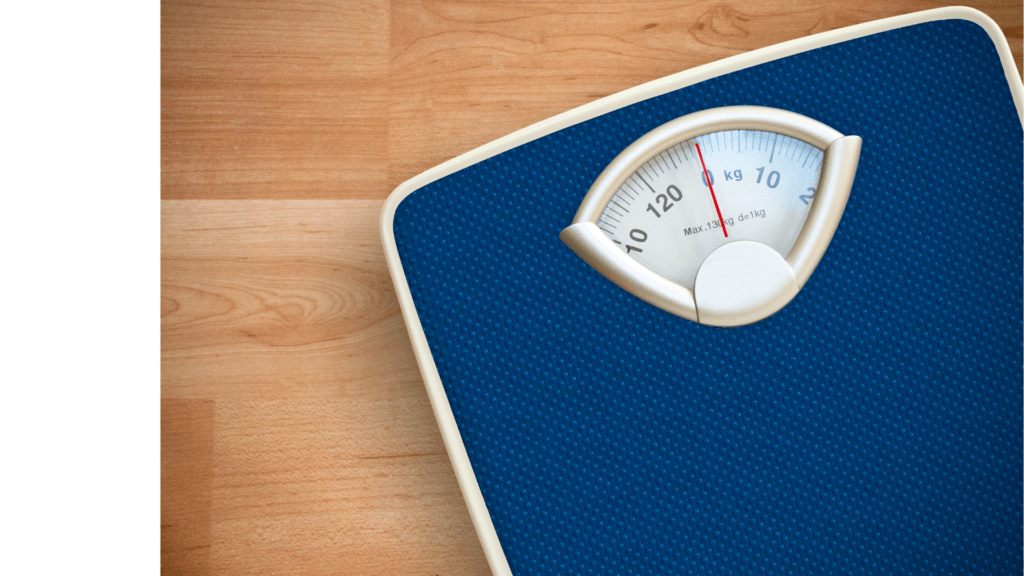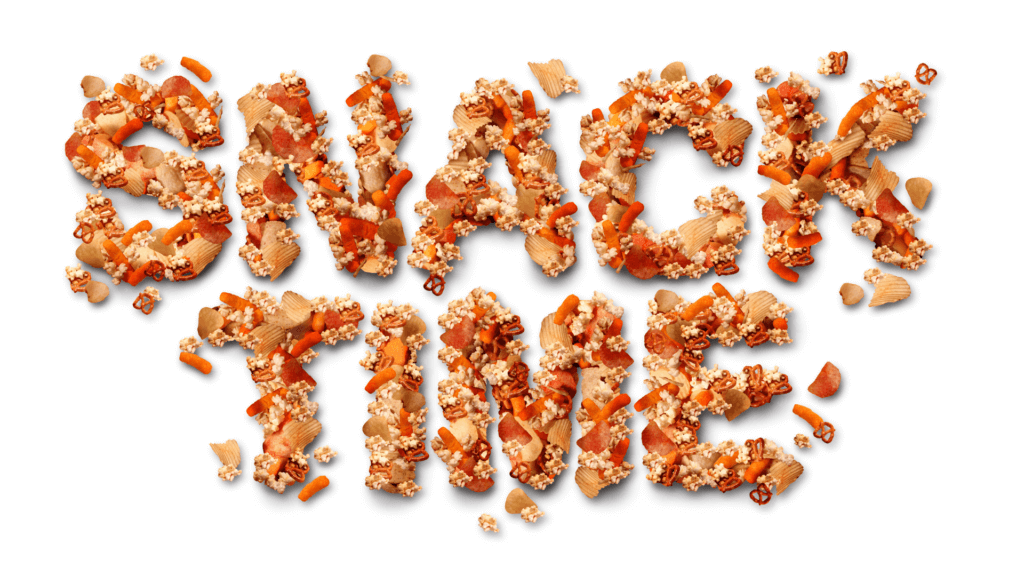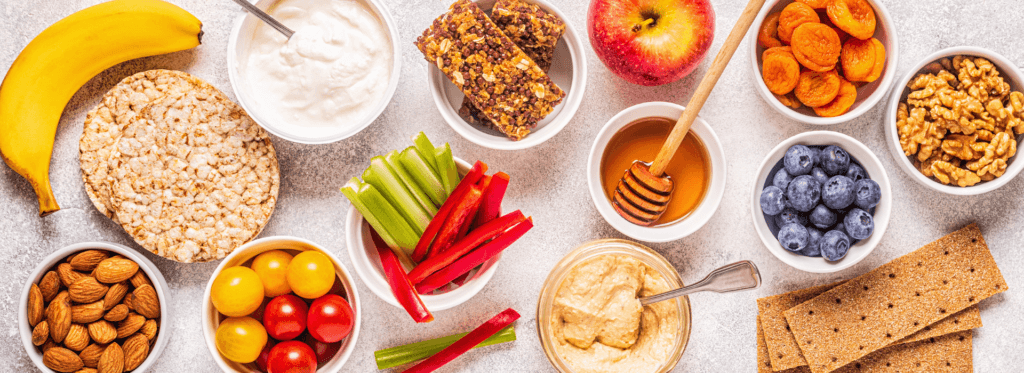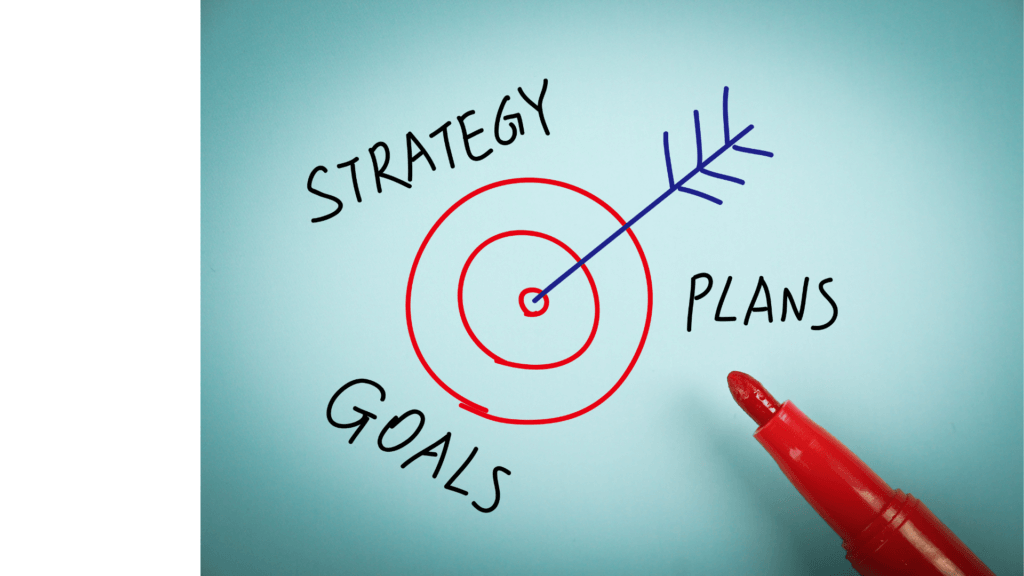Can snacking actually lead to weight gain? Its a question you may have thought about whilst searching for ways on how to gain weight.
And in this article we will dive into what snacking is, snacking definitions, whether it is healthy, and most importantly if snacking will help you reach your weight gain goals.
After all this blog is all about helping you gain weight if you are struggling. So can snacking lead to weight gain? Lets find out.
What is snacking?
So before you decide to get your hands on your favourite snack. What do we actually mean by snacking?
Research has shown that there are different definitions of snacking. For instance some studies base snacking definitions on energy contributions or the amount of calories consumed. And others base snacking on:
- The nutritional profile of snacks
- The time of day the snack was eaten
- The number of eating occasions
- And on peoples own definition on what they have reported as to what a snack is.
However despite these different definition, snacking is generally defined as any food eaten between meals.
Does snacking cause weight gain?
Are you thinking whether snacking can help you gain weight? Lets see what some studies say about this.
This study showed energy-dense snacks may contribute to higher calorie intake and body weight in adults.
And snacking can also contribute at least 11% to 40% of the daily calorie intake of women and 10% to 36% of the daily calorie intake of men.
In terms of calories snacks can contribute between 152-302 calories per snacking occasion. And this shows that snacking can contribute a proportion of calories towards a persons daily calorie intake.
As a result of extra calories from snacking you can achieve your desired weight gain goals.

Is snacking unhealthy?
But wait!
We have learnt that snacking on one hand can lead to weight gain, but on the other hand it can also lead to unhealthy weight gain and obesity.
So before you go ahead with certain snacks.
Keep in mind that there are things you may want to consider when it comes to snacking.
Such as the quality of nutrition in the snack.

What are some unhealthy snacks?
There are certain things you should look out for.
Avoid snacks that are:
- High in unhealthy fats
- Highly processed
- High in added sugars
- Of little or no nutritional value
- High in sodium and do not replace your meals with snacks.
What snacks are healthy?
And instead opt for and choose snacks that are:
- Nutrient dense
- Good sources of protein, fibre and healthy fats.
- Low in unhealthy fats and
- Low in added sugars.

Understanding the role of snacking in weight gain
Snacking, in and of itself, is not necessarily the cause of weight gain.
It is more about the types of snacks we choose and the frequency at which we indulge in them.
Snacking on foods high in sugar and unhealthy fats can have a negative impact on our metabolism. These types of snacks can cause blood sugar spikes and crashes, leading to increased hunger and cravings for more unhealthy foods.
Furthermore frequent consumption of sugary or acidic snacks can harm dental health and a diet rich in unhealthy snacks can increase the risk of heart disease due to excessive consumption of trans fats, saturated fats, and excess sodium.
Whilst it is okay to enjoy indulgent treats occasionally.
Opting for healthy snacks over unhealthy ones is a fundamental aspect of maintaining overall health and well-being and by making a habit of choosing nutrient-dense snacks can have a positive impact on your physical, mental health in the long run, and contribute to healthy weight gain.
Strategies for healthy snacking
Snacking can be a healthy and enjoyable part of our diet when done right. Here are some strategies for healthy snacking:
1. Choose nutrient-dense and calorie dense snacks: Opt for snacks that are rich in vitamins, minerals, and other essential nutrients. Dried fruits, nuts, seeds, and yogurt are great options.
2. Plan your snacks: Prepare and pack your snacks advance just like your meals.
3. Stay hydrated: Sometimes, we mistake thirst for hunger. Stay hydrated throughout the day. Dehydration can affect your appetite and overall health.
4. Balance: Maintain a well rounded diet and balance your snacks with your overall dietary needs and health goals.
5. Frequency: Aim to eat snacks between your meals to increase your overall daily calorie intake. Enjoy your snacks in between meals and don’t let snacks replace meals.

Conclusion: Can Snacking Lead To Weight Gain?
In conclusion, snacking can indeed contribute to weight gain, but it’s not the act of snacking itself that is the problem. It’s the types of snacks we choose, the portion sizes we consume, and the frequency at which we indulge in snacks that can impact our weight.
By choosing nutrient-dense snacks and being mindful of our snacking habits, we can enjoy the benefits of snacking without the risk of unhealthy weight gain.
Whilst snacks can contribute towards and be beneficial for healthy weight gain. Remember that they should contribute towards your regular meals and not replace them.
